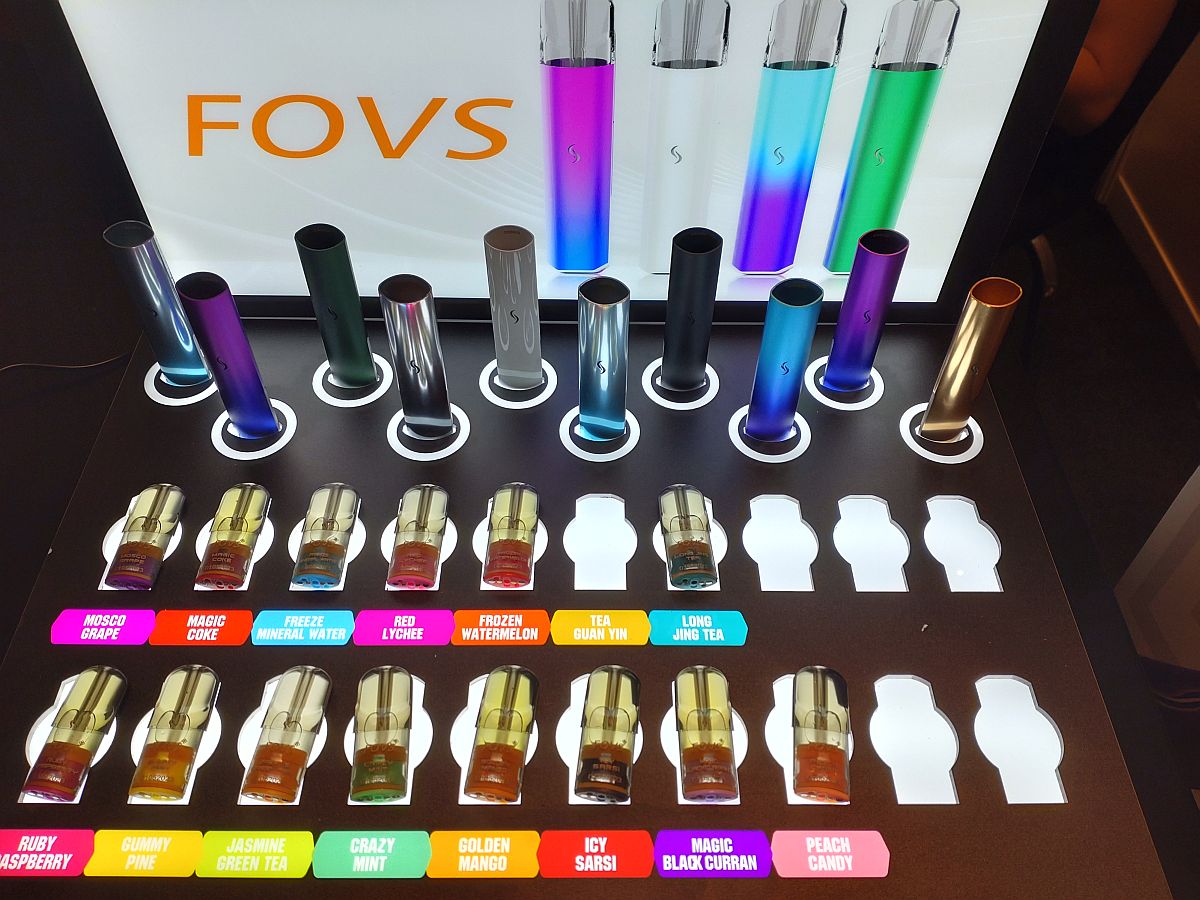KUALA LUMPUR, Nov 14 – The Malaysian Family Medicine Specialists’ Association (FMSA) has strongly criticised the government’s decision to postpone the second reading of the Control of Smoking Products for Public Health Bill 2023 and, more alarmingly, to eliminate the generational end game (GEG) clause from the bill.
According to the FMSA, the Cabinet’s decision to delay and to decouple the GEG is a direct violation of child rights as laid out in the Convention on the Rights of the Child (CRC), a convention that Malaysia ratified in 1995.
In a statement last Friday, the FMSA highlighted three specific articles in the convention that it said need to be supported for “the wellbeing of future generations”:
- Article 3: The best interests of the child must be a top priority for adults.
- Article 4: The government must respect the rights of the child.
- Article 33: Children must be protected from harmful drugs.
“We believe that this is a backward step that will lead the people of Malaysia, especially children and adolescents, into the realms of nicotine addiction and drug dependence,” said FMSA president Dr Nor Hazlin Talib in the statement.
CodeBlue previously reported that the Cabinet has decided to drop provisions on the tobacco and vape GEG ban from the Control of Smoking Products for Public Health Bill 2023.
This decision stems from Attorney-General Ahmad Terrirudin Mohd Salleh’s view that the proposed cohort or age-based prohibition – which seeks to ban tobacco and vape products for anyone born from January 1, 2007 – is unconstitutional.
FMSA argued that the delisting of liquid and gel nicotine from the Poisons Act has created a regulatory loophole, allowing vape and nicotine to be sold to children and adolescents without consequences.
“The government’s action in removing nicotine from this regulation also creates a misguided perception among the public, especially the younger generation, that the intake of nicotine-containing substances is safe and permitted without any health implications,” the medical group stated.
Vaping, in particular, has been highlighted as a serious health concern, with incidents of e-cigarette or vaping-associated lung injury (EVALI) reaching alarming rates, according to FMSA.
FMSA argued that the absence of control over the content of e-liquid in vape devices has enabled the widespread sale and mixing of dangerous drugs into e-liquid, as evidenced by incidents reported on social media.
During the Covid-19 pandemic, the University of Malaya Medical Centre (UMMC) reported an incidence of EVALI at 840 per 100,000 cases admitted to hospitals due to serious respiratory symptoms. The country also witnessed the death of a 16-year-old girl on June 5, suspected to be caused by vaping.
“Once again, the FMSA urges the government to expedite the presentation of the Control of Smoking Products for Public Health 2023 bill, including retaining the GEG clause. The government needs to prioritise public health over political and economic interests.”








